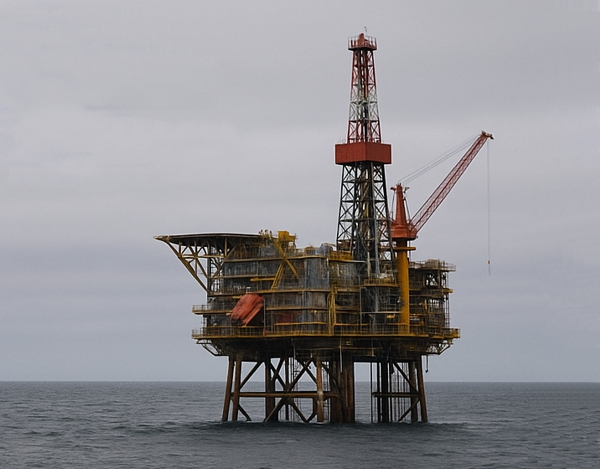News

- Details
The year 2011 was another heat record in the Arctic. Climate change is therefore in no way retreating.

- Details
Statoil in Norway, owned at 70% by the state, has bought searching permissions in Greenland. This strengthens the status of Statoil around Greenland.

- Details
Scientists have found an enormous dome in the western Arctic Ocean, full of fresh water. The bulge is thought to be around 8000 cubic meters in size and has risen about 15cm in 10 years.

- Details
Over 70 oil rigs are being built around the world to meet growing demand. Many of them are custom made for the Arctic, specially made to cope with harsh conditions and deep waters.

- Details
Oil production in Russia last year set a new record for post-soviet times. A total of 511 million tons were produced in 2011.

- Details
The 2012 Arctic Frontiers conference starts in Tromsø on the 22nd of January and runs until the 27th. The conference will be broadcast live online.

- Details
Warmer climate, spurred by climate change, can cause colder winters. This is the result of a new study by Jodah Cohen, released this week.

- Details
The WWF's Global Arctic Programme celebrates this year its 20th anniversary of the creation of a WWF body to champion conservation in the Arctic.

- Details
A new time lapse vide footage shows the Columbia glacier in Alaska diminishing fast in only four years.

- Details
Three polar bears were shot in Kulusuk, Greenland, yesterday. They drifted with sea ice to the town and were in search for food.

- Details
Very little sea ice is in the Barents region for this time of year. This indicates that this trend will continue and sailing will become easier every year.

- Details
Greenlanders are counting on Denmark to raise the issue of the EU ban on importing seal products, due to a burgeoning seal population in the Arctic regions. Denmark has the presidency of the EU, which it took over in the beginning of 2012.

- Details
Norway has found the cornerstone of its oil production for the next year. The Barents Region of Skrugard is thought to give Norway up to 900 million barrels of oil.
Arctic Portal.org - 2026 © All rights reserved.
When quoting, reusing or copying any material on the arcticportal.org or any of its sub-sites including but not limiting to: information, news, articles, data, maps or images, in part or in full, a citation stating the origin and a hyperlink to www.arcticportal.org is required.


